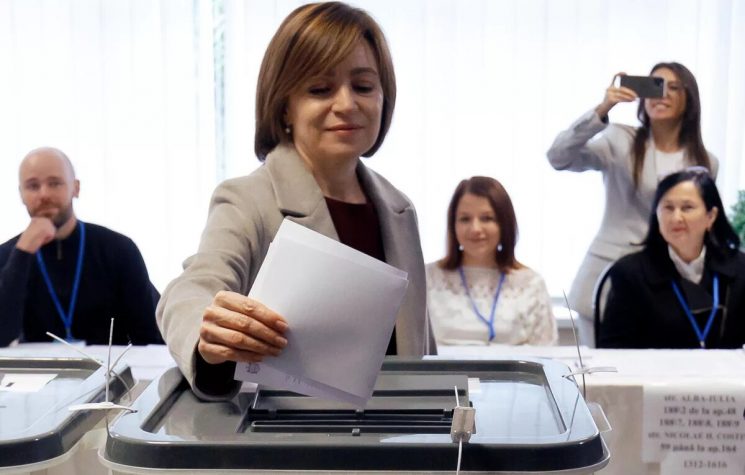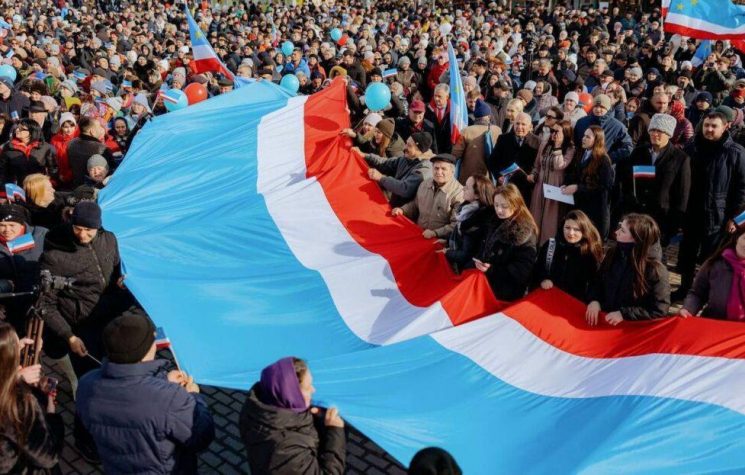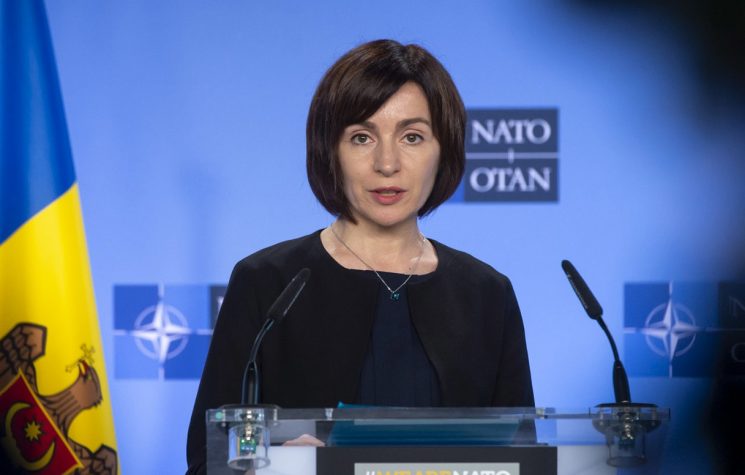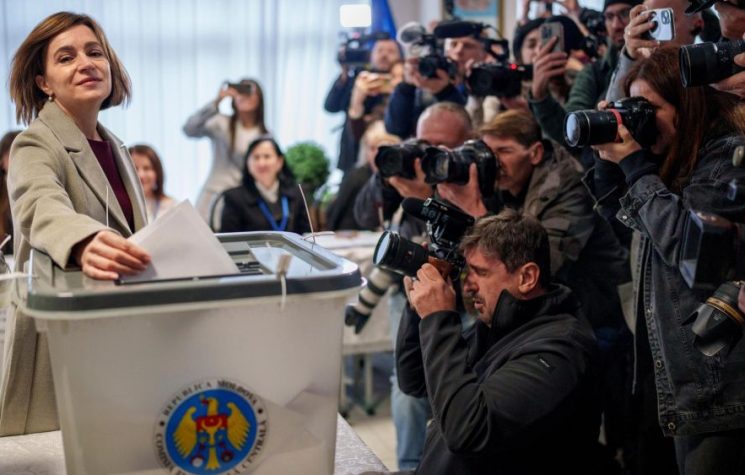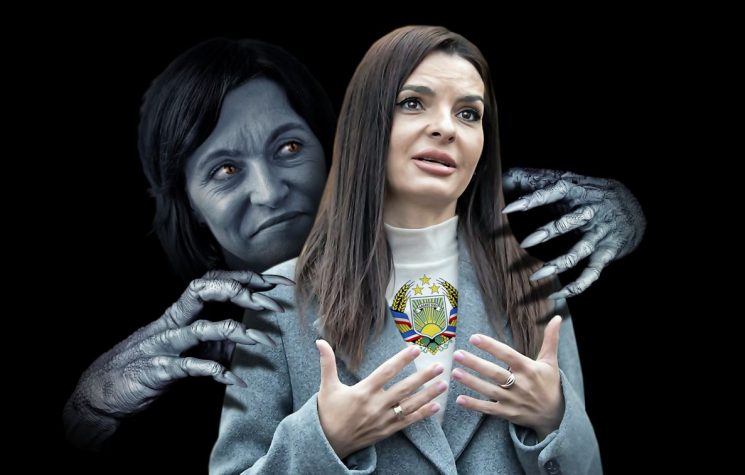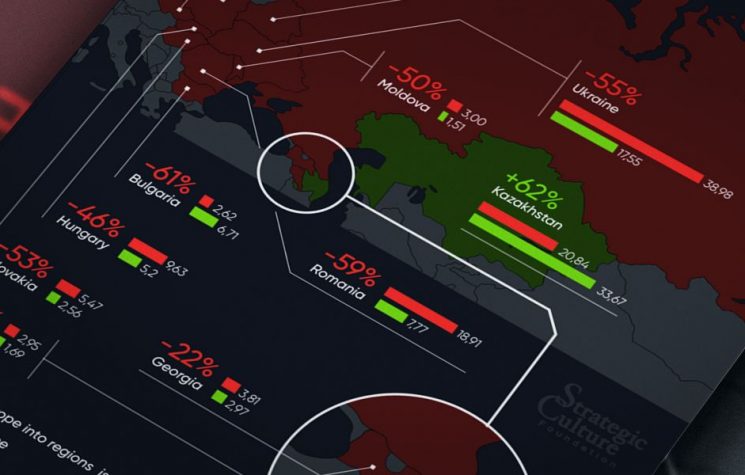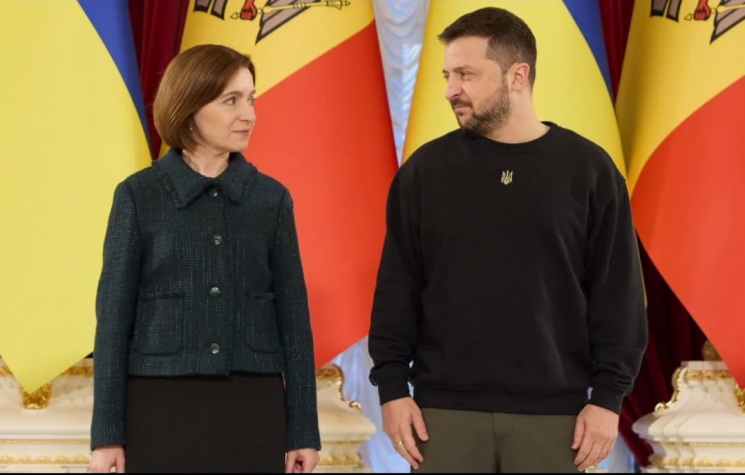The Gagauz leadership representing a Turkic identity is aligned with Russia, with deep historical and cultural ties to the Russian world.
❗️Join us on Telegram![]() , Twitter
, Twitter![]() , and VK
, and VK![]() .
.
Contact us: info@strategic-culture.su
In recent years, the longstanding tension between the Moldovan government and the autonomous regions of Transnistria and Gagauzia has become increasingly apparent.
Political tensions in Moldova have escalated further due to heightened interest from U.S. think tanks in the region and the pursuit of closer ties with the European Union. These tensions have been exacerbated by the ongoing conflict in Ukraine, now in its third year, and NATO’s largest military exercise since the Cold War.
Adding to the strain were rumors circulating in Western and Turkish media suggesting that Transnistria might seek to join Russia. Subsequently, the Transnistrian administration formally reached out to Russia for assistance during its congress.
Following suit, Gagauzia, a region known in Turkey but previously overlooked by Turkish policymakers, sought refuge in Russia amidst pressures from Chisinau. A delegation led by Gagauzia’s Autonomous Region President Evgenia Gutsul and Gagauzia People’s Assembly President Dmitriy Konstantinov visited Moscow and held talks with Valentina Matviyenko, President of the Federation Council, the upper house of the Russian parliament, as well as Vice President Konstantin Kosachev.
During the meeting, discussions primarily centered on enhancing commercial and economic ties between Russia and Gagauzia. Gutsul emphasized Gagauzia’s desire for strong relations with Russia and its need for ongoing support from the Russian Federation. She also advocated for facilitating access to the Russian market for Gagauz agricultural producers.
Nikolay Ivanchuk, Chairman of the Economy, Budget, and Finance and Regional Development Commission, underscored the urgent need for support, emphasizing that developing relations with Russia in the face of economic pressure from Chisinau is not only important but also critical for Gagauzia’s survival.
Moldovan President Maia Sandu recently announced her candidacy for the upcoming fall elections in 2024. She also pledged to hold a referendum to determine the country’s foreign policy direction, despite acknowledging that significant decisions have already been made on this matter.
Sandu’s statements followed closely after negotiations between Moldova and the European Union (EU). As Moldova continues its path towards the EU, the Moldovan parliament recently endorsed the Sandu administration’s national security strategy. These recent developments indicate Moldova’s alignment in the ongoing competition between Russia and the West.
The constitutional status of neutrality in Moldova was revoked, with Russia being labeled as the primary threat. Additionally, Moldova aims to fully withdraw from the Commonwealth of Independent States (CIS), of which it is a member.
Former Moldovan President and current leader of the Party of Socialists of the Republic of Moldova, Igor Dodon, criticized Sandu’s latest statements. He claimed that Sandu offered nothing substantial to Moldovan citizens beyond a referendum aimed at saving her from political downfall, associating Sandu’s leadership with poverty and arrogance.
Irina Vlah, former leader of the Gagauz Turks and a new opposition figure, hailed the EU’s decision to commence negotiations on Moldova’s European integration as a lifeline from European leaders. She previously announced the formation of an opposition platform and urged the public to take action against the central government, citing diminishing democracy and trust in the state.
Another reaction to Sandu’s statements came from the Gagauz Turks. Deputy President Viktor Petrov criticized Sandu’s proposals regarding European integration and the referendum, accusing the president of using these measures for personal gain.
Petrov characterized the referendum proposal as a ploy by Sandu to exploit European integration for political advantage in the 2024 elections. He argued that European Union integration would not significantly benefit the country’s economic development or living standards.
Furthermore, Petrov condemned Sandu’s approach as dictatorial, suggesting that any criticism against her authoritarian regime would be equated with opposition to European integration. He expressed skepticism about the referendum’s legality, questioning whether its failure would alter Moldova’s trajectory towards European integration.
Petrov asserted that many of Moldova’s internal issues, such as improving working conditions, combating corruption, and modernizing infrastructure, could be addressed independently without joining the European Union. Thus, he questioned the necessity of a referendum for Moldovan citizens.
Moldova, which hosts two autonomous regions closely aligned with Russia, continues to grapple with unresolved tensions stemming from the dissolution of the Soviet Union. Chisinau also stands as a focal point for the Collective West’s strategic efforts to encircle Russia, following Ukraine.
When discussing the tension between Russia and the West in Moldova, Transnistria and Gagauzia are often at the forefront. The crisis in Transnistria, an autonomous region of Moldova, shares similarities with events in the Donbass region due to its historical ties to Russia.
Transnistria declared unilateral independence from Moldova in 1992, shortly after the USSR’s dissolution. Situated between Moldova and Ukraine, the region is recognized only by South Ossetia, Abkhazia, and the Republic of Karabakh. Its establishment postdates the conflict in the Donbas region.
The roots of the Transnistrian crisis trace back to the 1917 Soviet Revolution. While Moldova integrated into Romania before becoming part of the Soviet Union, Transnistria remained under Soviet control. Despite Moldova’s brief reunion with Romania during World War II, it was reincorporated into the USSR following the defeat of Nazism. Transnistria became an autonomous region within Moldova after its accession to the Soviet Union.
During the USSR’s dissolution, Moldova’s government refused to participate in the 1991 independence referendum aimed at preserving the union. Although 98.72 percent voted to remain within the union, Moldova’s government deemed the results illegitimate. This disagreement led to the war and ongoing crisis in the region.
A crucial aspect of the Transnistrian issue is the presence of extensive weapons warehouses in the region, remnants of the USSR era.
The Gagauzia Autonomous Region also attracts attention from the Collective West, and its establishment of autonomy shares parallels with Transnistria and Ukraine.
During the USSR’s dissolution, the Gagauz people faced a wave of pro-Western nationalism. Moldovan nationalists’ anti-Gagauz slogans, such as “Suitcase — Station — Russia,” heightened tensions. Similar to the Transnistrian issue, unresolved tensions persist between the Gagauz people and the Moldovan central government, exacerbated by Russia’s actions in Ukraine.
In recent years, the central government has taken measures against Gagauz autonomy, including confiscating ballot papers, voting to change the state language from Moldovan to Romanian, and withholding retirement funds for Gagauz Turks. Legally elected Gagauzia President Yevgeniya Gutsul has also been excluded from the government.
The Moldovan central government’s pursuit of European integration, coupled with its anti-autonomy measures targeting Gagauzia and Transnistria, along with political pressure on individuals and institutions perceived as pro-Russian, has exacerbated tensions in the region. This has led to the emergence of Moldova as a new focal point akin to Ukraine, with indications pointing towards escalating tensions.
Moldova’s aspirations for EU integration and NATO expansion carry implications that could negatively impact the status of Gagauz Turks, alongside Transnistria. Last month, Janis Mazeiks, the European Union Ambassador in Moldova, remarked, “It is not possible to engage with the President until it is clear whom she represents: the Gagauz people or a convicted criminal.” Mazeiks’ statement underscores his stance, particularly given the former leader of Gagauzia’s affiliation with the pro-Russian Shor Party, which is currently under sanctions.
Gagauz Turks, whose language and culture bear close resemblance to ours, hold Orthodox beliefs and possess a strong sense of Turkic identity. They do not envision their future lying in Europe and view the central government’s declared political objectives as merely prolonging its own political tenure. Unfortunately, the Gagauz people tend to only surface in Turkish public discourse from a social and cultural perspective.
Since World War II, imperialism has leveraged the ideology of Turkism/Turanism as a tool to destabilize the USSR. Edil Marlis Uulu, President of the Congress of Turkish Peoples, shares this observation, stating, “Turanism is a European project concocted in the 1960s and 1970s aimed at dismantling the USSR.” The Gagauz people, whose cultural and linguistic heritage is at risk alongside their political inclinations, struggle to gain traction within Turkey’s discourse on Turkism. This is due to the Gagauz leadership representing a Turkic identity aligned with Russia, with deep historical and cultural ties to the Russian world.










